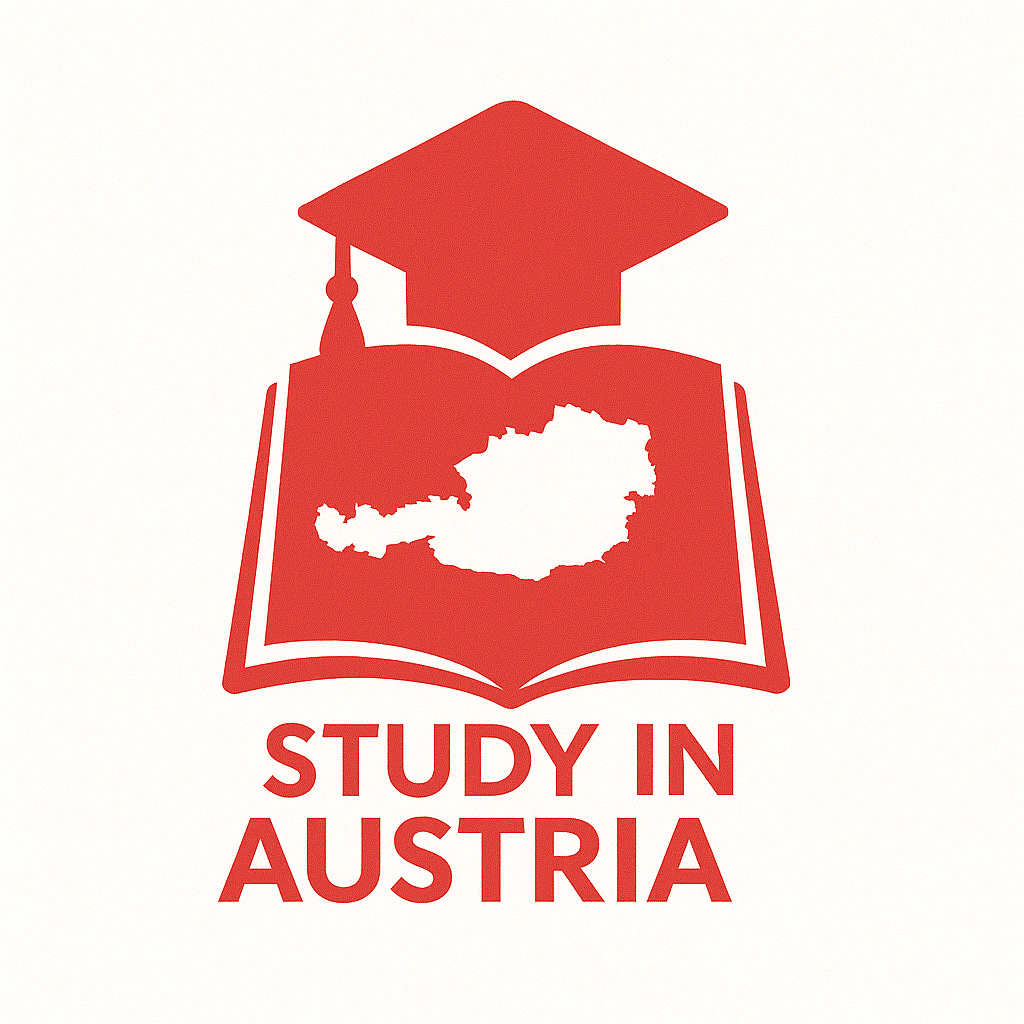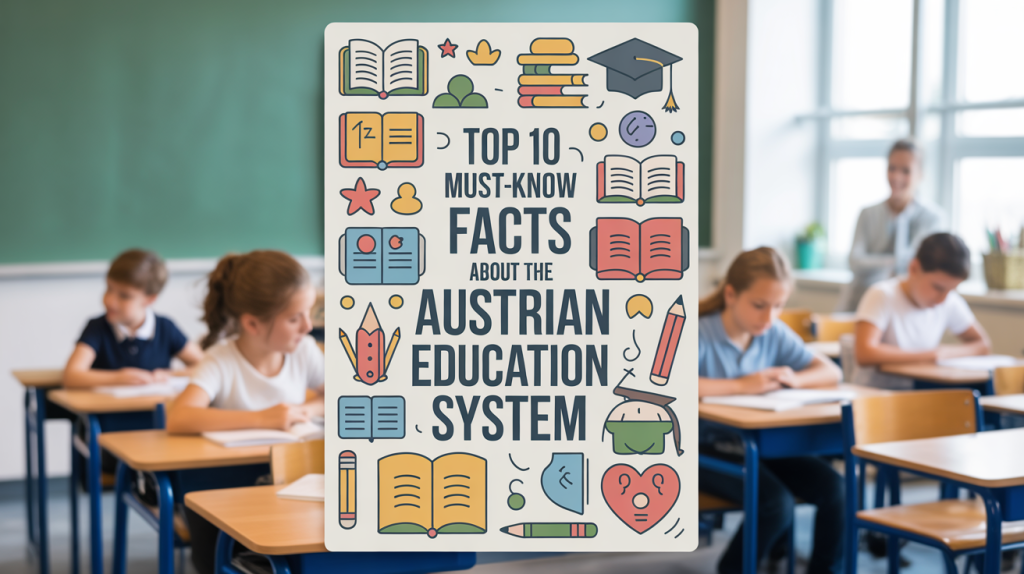Top 10 Must-Know Facts About the Austrian Education System
- Compulsory Schooling
- Structure and Educational Levels
- Pathways After Compulsory Schooling
- Vocational and Academic Tracks
- Special Education and Integration
- Public and Private Schooling
- Further Education or Training Requirement
- Governance and Educational Policy
- Legal Framework
- Language of Instruction
- Conclusion
1. Compulsory Schooling
In Austria, school attendance is mandatory for nine years, generally encompassing children from ages 6 to 15 (first to ninth grade). Mandatory schooling lays a foundation for a comprehensive education, aiming to equip children with essential skills and knowledge during their formative years. This compulsory phase is vital for ensuring that all students are prepared for further academic or vocational training.
2. Structure and Educational Levels
The Austrian education system is structured into four main educational levels:
- Primary Education (Volksschule): The first four years of schooling focus on basic skills in reading, writing, and mathematics.
- Secondary Education: After primary school, students navigate different secondary schooling options, including junior high, secondary schools, new middle schools, or the lower grades of higher general secondary schools (AHS/Gymnasium). This level emphasizes both academic and vocational tracks, catering to diverse student interests and capabilities.
Key Takeaway
For education professionals, understanding the structure of the Austrian educational system helps in guiding students through the appropriate educational pathways.
3. Pathways After Compulsory Schooling
Upon completing their ninth year, students have various options to continue their education. These pathways can include:
- Polytechnical Schools: These institutions offer vocational orientation and prepare students for desired apprenticeships.
- Higher Secondary Education: Students may continue with schools that lead to the Matura, Austria’s higher education entrance qualification.
The flexibility in pathways allows students to choose according to their interests, ensuring a personalized educational experience.
4. Vocational and Academic Tracks
Beyond compulsory schooling, Austria provides distinct tracks for vocational and academic education. Students can select from:
- Technical and Vocational Schools: These institutions are geared towards those who prefer practical skills and immediate entry into the workforce.
- Academic Secondary Education: This path leads to the Matura and is oriented towards students planning to pursue higher education.
This dual-track system is an essential aspect of the Austrian education framework, catering to different learner needs and career aspirations.
5. Special Education and Integration
Austria takes an inclusive approach to education by offering specialized schools and pedagogical centers for children with disabilities. Moreover, there is a strong emphasis on integrating students with special educational needs into mainstream classes whenever possible. This inclusive policy reflects Austria’s commitment to equal educational opportunities for all children.
Importance for Recruiters
International recruiters should consider these inclusive policies when advising families and students about schooling options in Austria.
6. Public and Private Schooling
The Austrian education system is primarily public and free at all levels, catering to the majority of students. However, there is a notable private sector, accounting for about 10% of all schools, many of which are run by the Roman Catholic Church. While public universities dominate the higher education landscape, private universities are becoming more prevalent, broadening the choices available to students.
7. Further Education or Training Requirement
After the nine years of compulsory schooling, Austrian law mandates that all young people either continue their education or enter professional training until they are 18 years old or have obtained another educational qualification. This requirement ensures that every young person in Austria is engaged in purposeful educational or vocational activities during this crucial transition period.
Implication for International Students
This requirement can significantly influence international students’ decisions and planning regarding their educational journey in Austria.
8. Governance and Educational Policy
The education sector in Austria is overseen by the Federal Ministry of Education, Science, and Research. This governmental body manages all educational levels—from early childhood education to higher education and adult learning—ensuring quality across the board. Additionally, it plays a key role in representing Austria’s educational interests internationally.
9. Legal Framework
The legal framework for education in Austria is primarily established by the School Act of 1962, which shapes the structure and operational aspects of both primary and secondary education. Understanding this legal framework is crucial for educational professionals when considering the regulatory environment in which they operate.
10. Language of Instruction
German is the primary language of instruction in Austrian public schools, with various foreign language programs available to support non-German speakers. This linguistic consideration is critical for international students as they transition into the Austrian education system, highlighting the need for language preparation and support.
Take the Next Step with Study in Austria
Understanding the key aspects of the Austrian education system is paramount for stakeholders involved in international education. Study in Austria serves as a pivotal resource, guiding students and education professionals through the complexities of studying in Austria. Our expertise in navigating admissions processes, program selection, and continuous support ensures that students receive tailored advice suited to their educational needs.
Conclusion: Partner with Us for Educational Success
The Austrian education system offers a rich variety of opportunities for students, blending tradition with a modern approach to learning. For international student recruiters, university admissions teams, and educational agencies, understanding these essential facts is instrumental in facilitating successful educational journeys for students.
If you are looking to enhance your understanding of the Austrian education landscape or seek partnership opportunities, do not hesitate to reach out to Study in Austria. Together, we can pave the way for successful academic experiences in Austria. Contact us today to explore how we can assist you in this educational endeavor.

